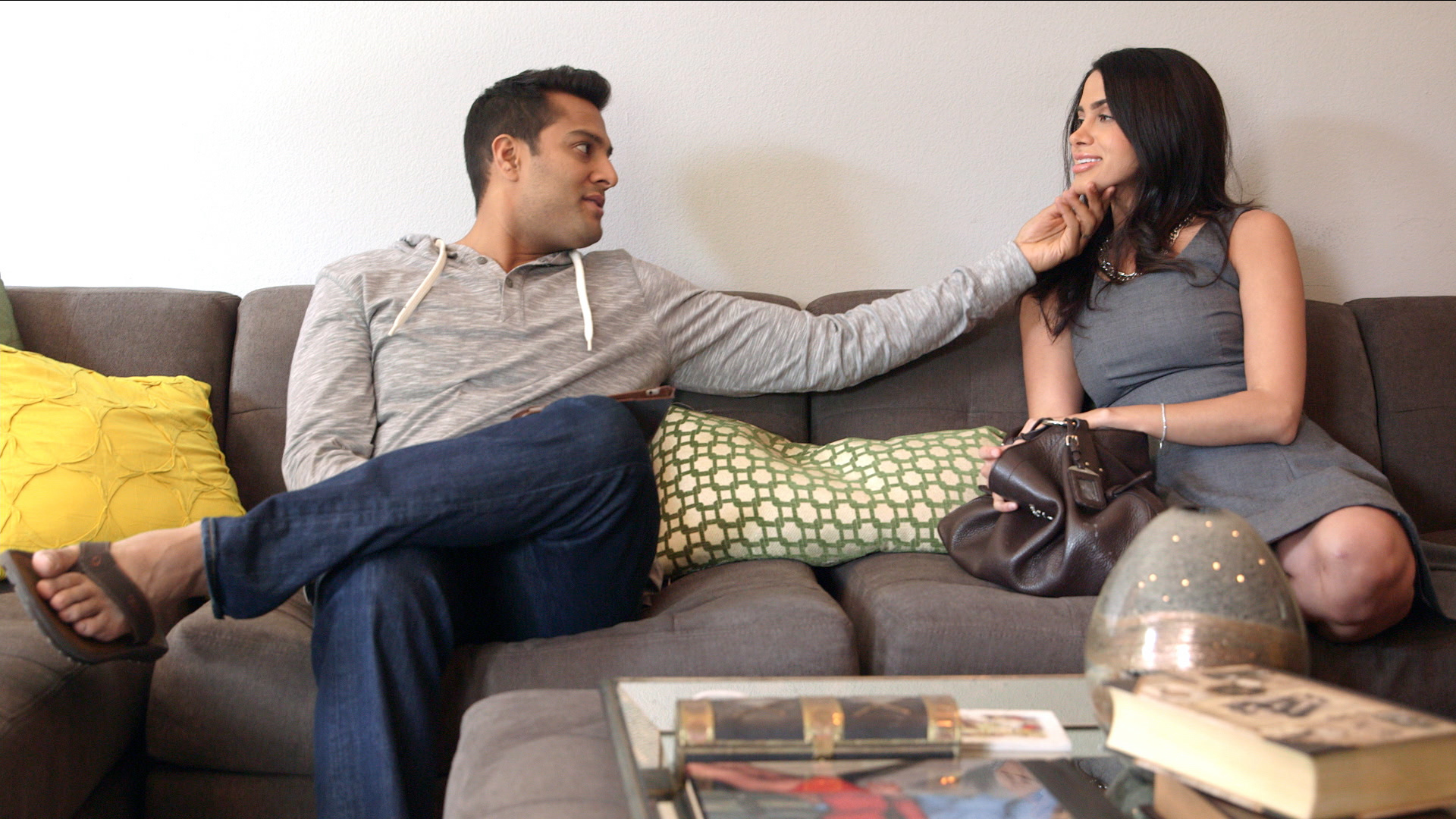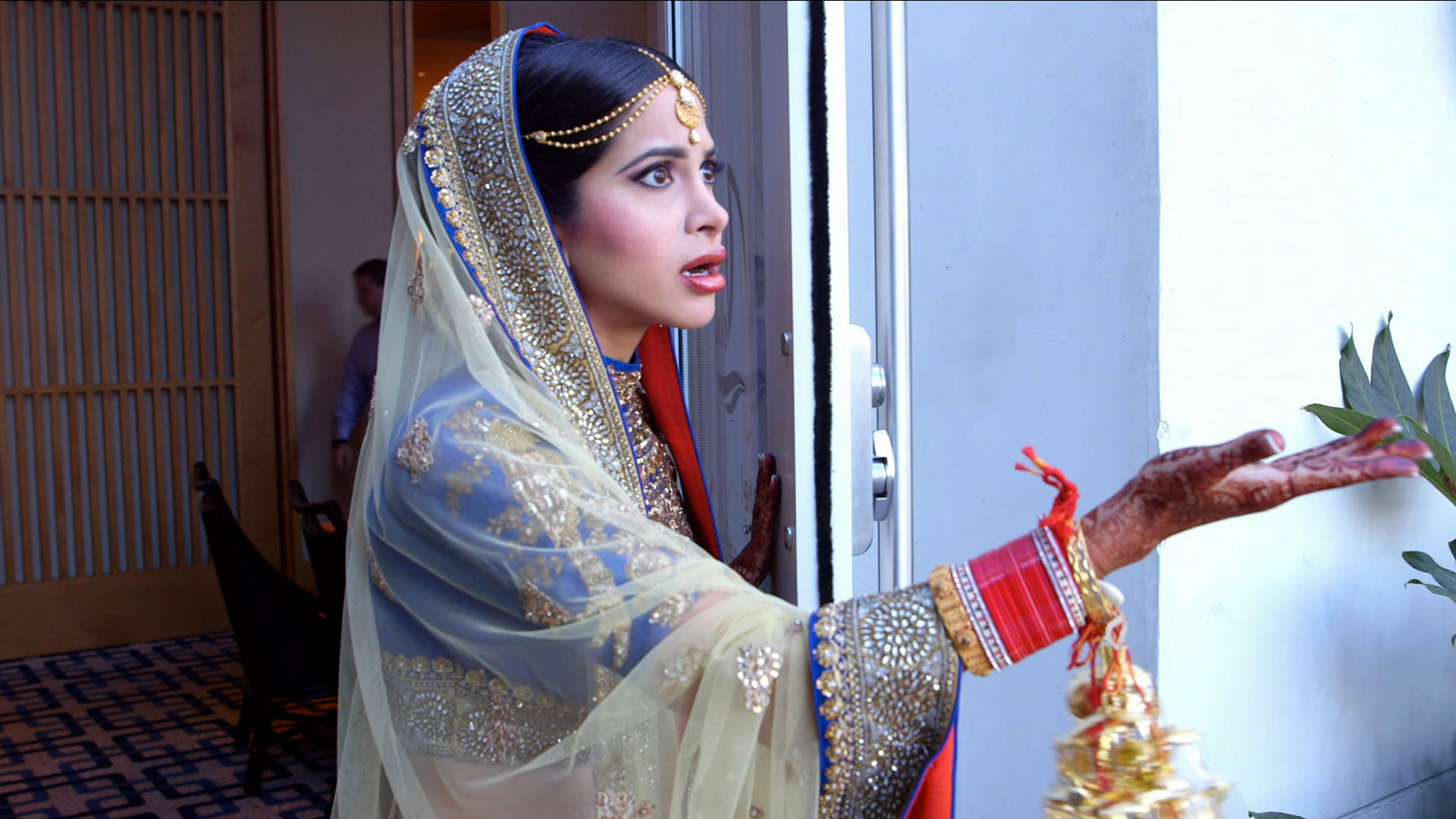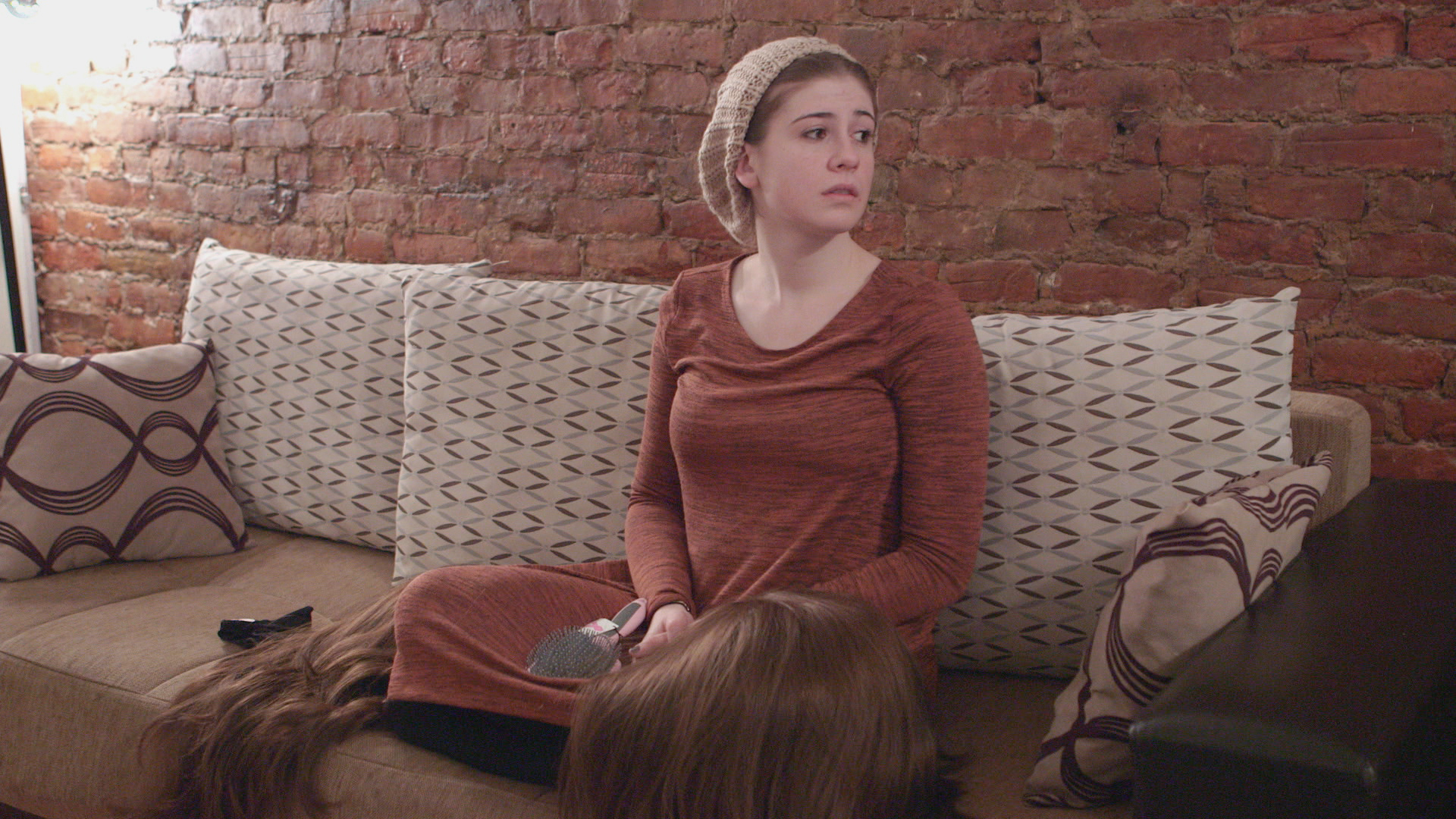

In these cases, killing the woman is a way for the family to enforce the institution of arranged marriages. This being the case, her male relatives may be ridiculed or harassed and any of her siblings may find it impossible to enter into a marriage. Enforcement Ī woman who refuses to go through with an arranged marriage, tries to leave an arranged marriage via divorce or is suspected of any kind of "immoral" behaviour, may be considered to have dishonored her entire family. In most other parts of the world, arranged marriages continue to varying degrees and increasingly in quasi-arranged form, along with autonomous marriages.

Īrranged marriages have declined in prosperous countries with social mobility and increasing individualism nevertheless, arranged marriages are still seen in countries of Europe and North America, among royal families, aristocrats and minority religious groups such as in placement marriage among Fundamentalist Mormon groups of the United States.


Similar historical dynamics are claimed in other parts of the world. As immigrants settled in and melded into a new culture, arranged marriages shifted first to quasi-arranged marriages where parents or friends made introductions and the couple met before the marriage over time, the marriages among the descendants of these immigrants shifted to autonomous marriages driven by individual's choice, dating and courtship preferences, along with an increase in interracial marriages. These marriages among immigrants were typically arranged by parents or close relatives from the country of their origin. They were sometimes called "picture-bride marriages" among Japanese-American immigrants because the bride and groom knew each other only through the exchange of photographs before the day of their marriage. Until the first half of the 20th century, arranged marriages were common in migrant families in the United States. Īrranged marriages were the norm in Russia before the early 20th century, most of which were endogamous. The boy and girl were typically told to get married, without a right to demur, even if they had never met each other until the wedding day. A marriage was a negotiation and decision between parents and other older members of two families. In China, arranged marriages (baoban hunyin, 包办婚姻) – sometimes called blind marriages (manghun, 盲婚) – were the norm before the mid-20th century. Some historical exceptions are known, such as courtship and betrothal rites during the Renaissance period of Italy and Gandharva Vivah in the Vedic period of India. Typically, marriages were arranged by parents, grandparents or other close relatives and trusted friends.
#Arranged full episode series
Creator of the series is Jamnadas Majethia. Sony Pictures Networks acquired the distribution rights for the television show. The series premiered on 11 February 2019 in Hindi on Sony SAB. Love Marriage Ya Arranged Marriage is written by Aatish Kapadia and Ritlal Pandit and it is directed by Dhaval Jitesh Shukal and Dipesh Harshad Shah. Hats Off Productions was the production house involved in the project along with executive producer(s) Jamnadas Majethia and Aatish Kapadia. Love Marriage Ya Arranged Marriage is a 2018 Indian Hindi-language show starring Deven Bhojani, Paresh Ganatra, Akshay Kelkar and Akshita Mudgal. Best friends Mansi and Shivani are polar opposites - Mansi is conservative and believes in arranged marriages and Shivani is independent and believes in love marriage - but have the same passion, and commitment towards their relationships and a happy marriage.


 0 kommentar(er)
0 kommentar(er)
